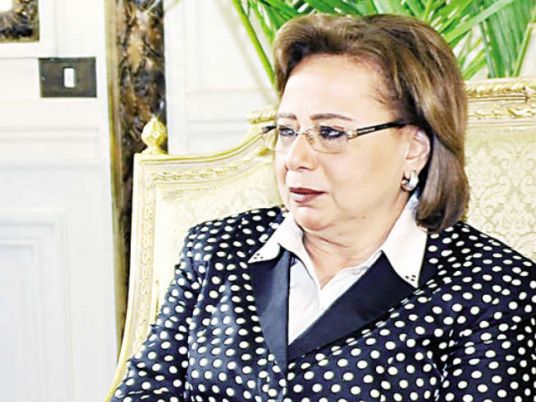
Egypt plans to offer some 50 projects valued at up to $35 billion at an international investment conference (EEDC) later this month, officials said Thursday, as the country looks to revive an economy battered by four years of unrest.
Some 1,700 international investors, executives, government officials, financiers and experts have registered to attend the three-day conference beginning March 13 in the Red Sea resort of Sharm el-Sheikh, International Cooperation Minister Naglaa al-Ahwani said at a press conference Thursday.
In the years of turmoil since the 2011 uprising that toppled Hosni Mubarak, growth rates have sunk to around 2 percent, leaving the government with a budget deficit hovering around 12 percent.
President Abdel-Fattah el-Sissi, who plans to inaugurate the conference, has prioritized the economy since assuming office last year, and took the unprecedented step of partially lifting energy subsidies.
His government has been propped up by Gulf allies, who have given Egypt over $20 billion in aid since 2013, when the military removed Islamist President Mohammed Morsi from power following massive protests against him.
Egypt attracted some $1.3 billion in foreign investment in the first quarter of the current fiscal year ending in June, Investment Minister Ashraf Salman said at the press conference Thursday. The government hopes to reach $8 billion by the end of the fiscal year, nearly double the amount from the previous year.
The government and the International Monetary Fund have said Egypt's growth rate this fiscal year could rise to nearly 4 percent.
Salman said the government has already started negotiations over 10 projects, including a $3 billion power plant. It has also embarked on a mega-project to expand the Suez Canal and develop an industrial zone around it.
"The first indicator for success is to succeed in delivering our message to the world," al-Ahwani said.
"If I succeed in letting the world know that this country has a political leadership and a government that has a vision, plans and policies that it follows, and is vigorously pressing on with reform while nothing is stopping it, I would say this is the most important indicator of success."




